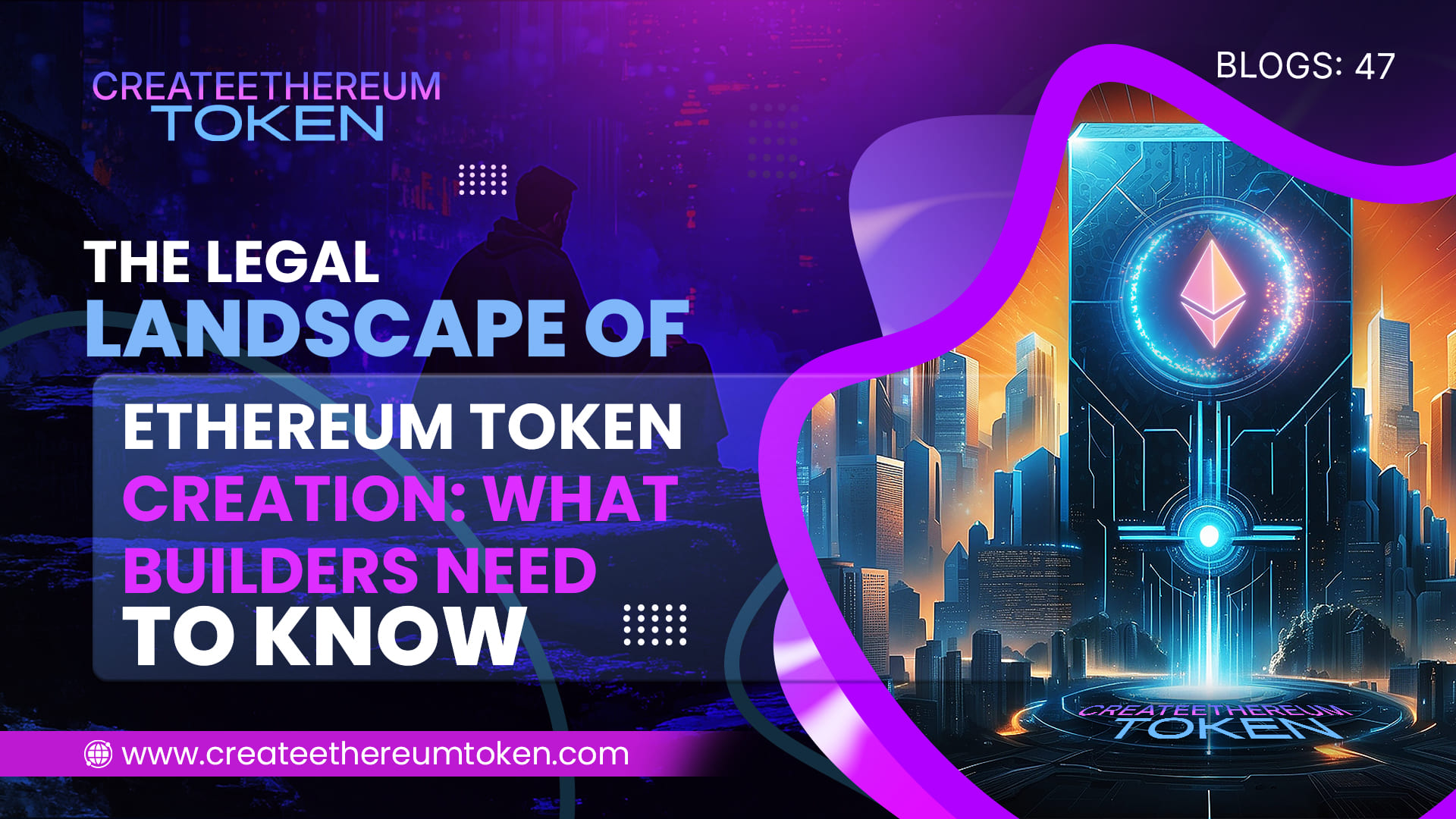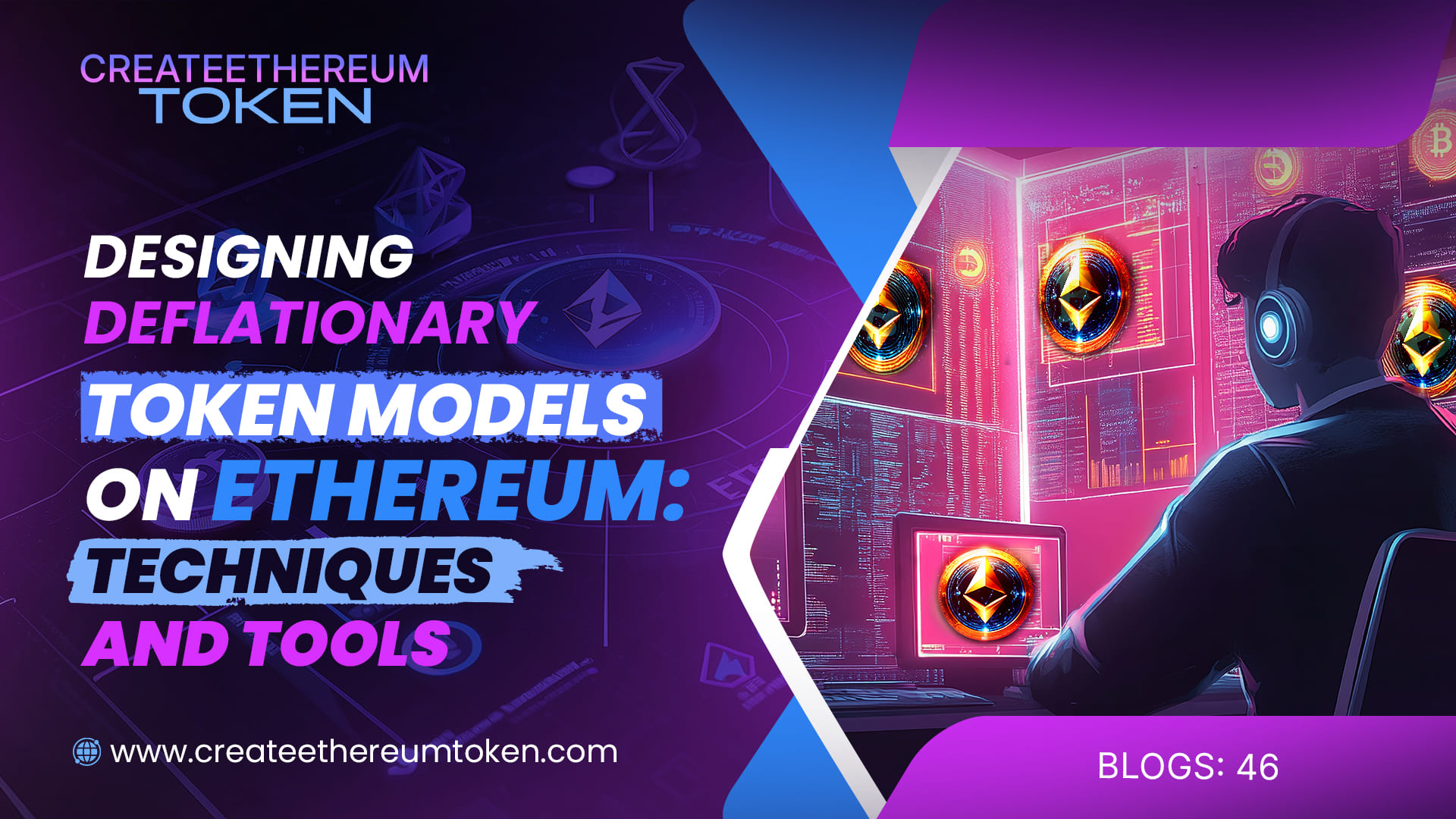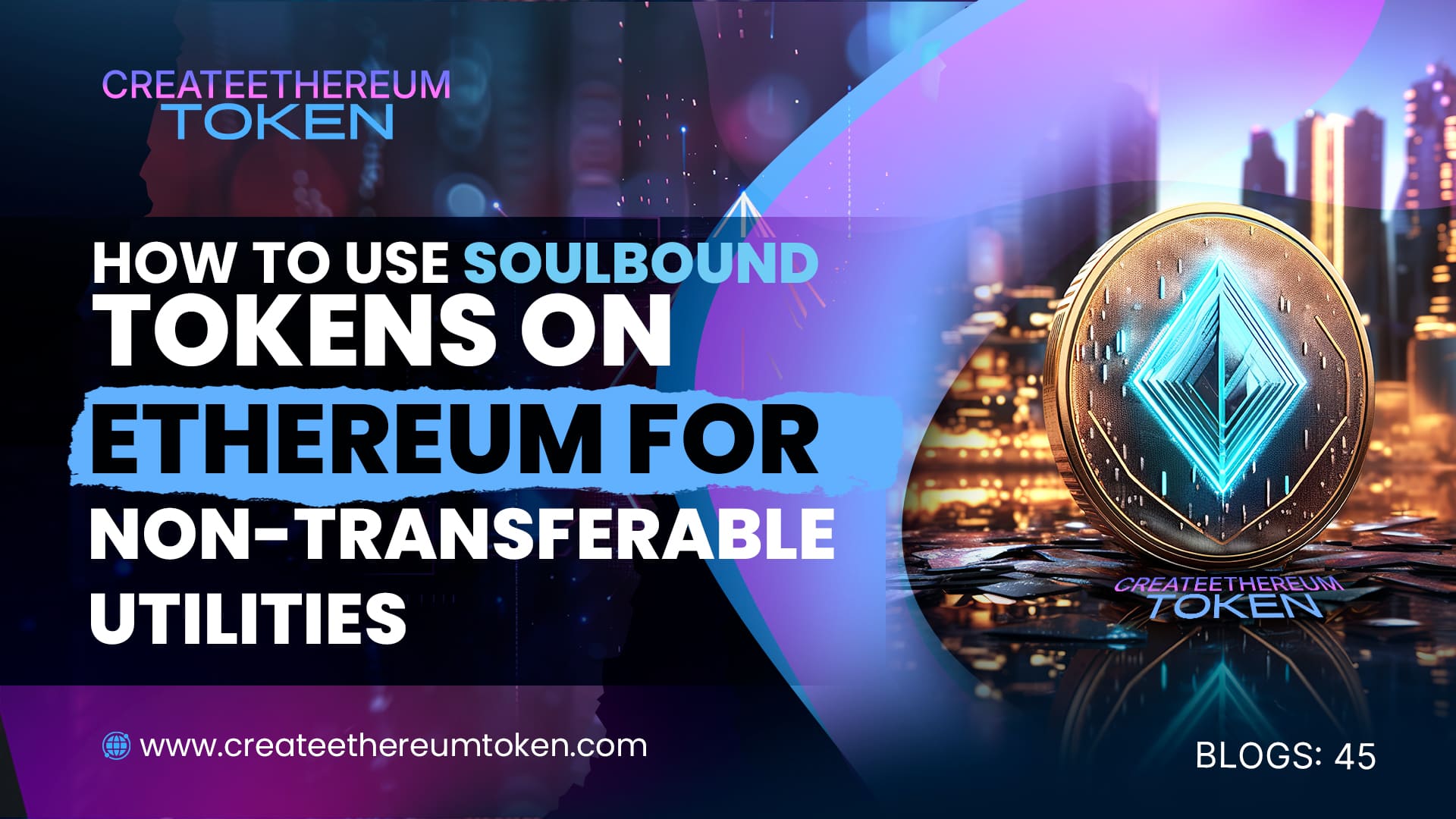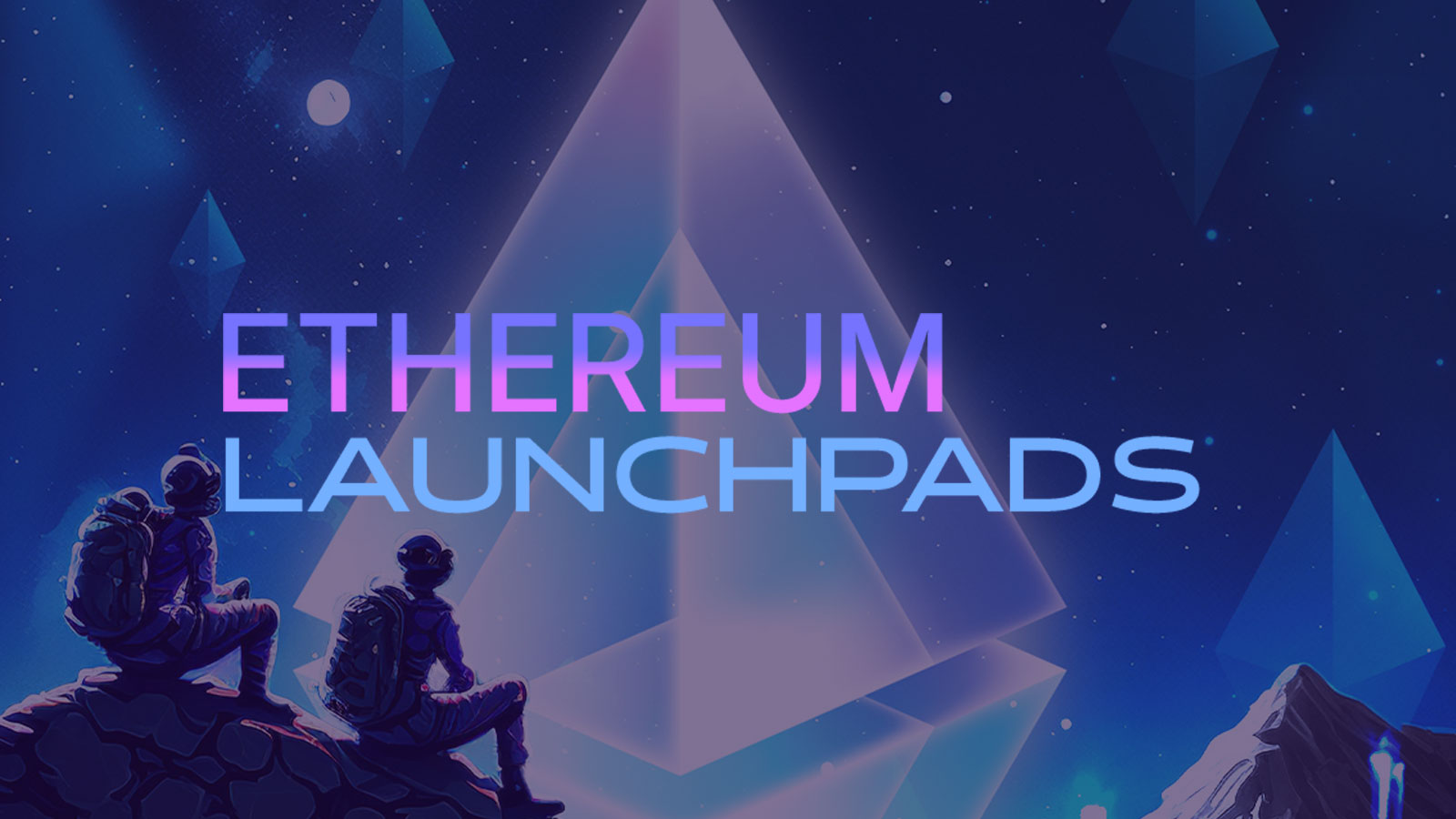June 20, 2025
The Legal Landscape of Ethereum Token Creation: What Builders Need to Know
Creating a token on Ethereum is technically simple—but legally, it’s a minefield. With growing regulatory attention on blockchain, understanding the legal implications of token creation is no longer optional. Whether you’re launching a utility token, governance token, or NFT collection, compliance can make or break your project.
1. Token Classification: Utility, Security, or Something Else?
The first legal step is determining what your token actually is in the eyes of regulators.
- Utility tokens grant access to a service or network.
- Security tokens represent an investment contract and are regulated like traditional securities.
- Governance tokens may fall into a gray area depending on their voting power and incentives.
In the U.S., for example, the Howey Test is used to determine whether a token is a security. Failing to comply with securities regulations can result in hefty fines or forced shutdowns.
2. KYC and AML Compliance
If you’re raising funds via a token sale, you may need to implement Know Your Customer (KYC) and Anti-Money Laundering (AML) protocols. This is especially true if:
- You’re accepting fiat or crypto in exchange for tokens
- You allow investors from regulated jurisdictions like the U.S. or EU
- Your token can be resold for profit
Platforms like Sumsub, Fractal ID, or Blockpass offer Ethereum-compatible KYC solutions.
3. Jurisdiction Matters
Where your team is based—and where your users are located—impacts your legal obligations. Common crypto-friendly jurisdictions for token launches include:
- Switzerland (FINMA guidance)
- Singapore (MAS regulations)
- Estonia, Dubai, Cayman Islands (more flexible but still require care)
Always consult with a legal advisor in your operating jurisdiction before launching.
4. Smart Contract Liability
Even decentralized systems aren’t fully immune to accountability. If a flaw in your smart contract leads to loss of funds, you could still be held responsible—especially if you’ve promoted the token actively or retained admin privileges.
Make sure to:
- Use audited contracts
- Publish a clear disclaimer
- Define terms in your whitepaper or terms of use
5. Tax and Reporting Obligations
Tokens may be considered assets, income, or property depending on local laws. You may be subject to:
- Capital gains taxes
- Corporate tax on raised funds
- VAT/GST on tokenized goods or services
Some countries now require projects to report token issuance to tax authorities.
6. Marketing Compliance
Avoid making investment promises or guarantees. Be cautious with:
- “To the moon” language
- Promising returns or passive income
- Hype-based influencer marketing without disclosures
Use disclaimers and avoid misleading your audience.
Conclusion
Ethereum token creation isn’t just about code—it’s about compliance. By addressing regulatory risks early, you build trust, protect your users, and set your project up for long-term success. Legal clarity is becoming a major competitive advantage in the Web3 era.





